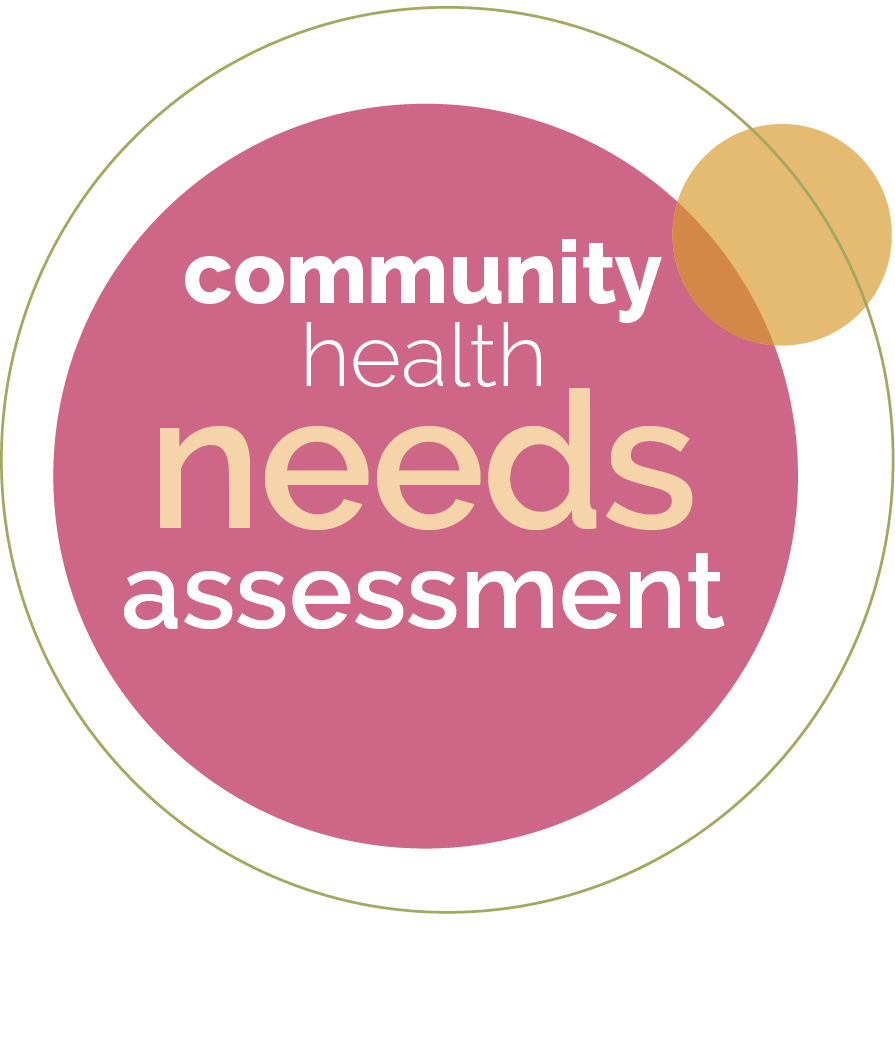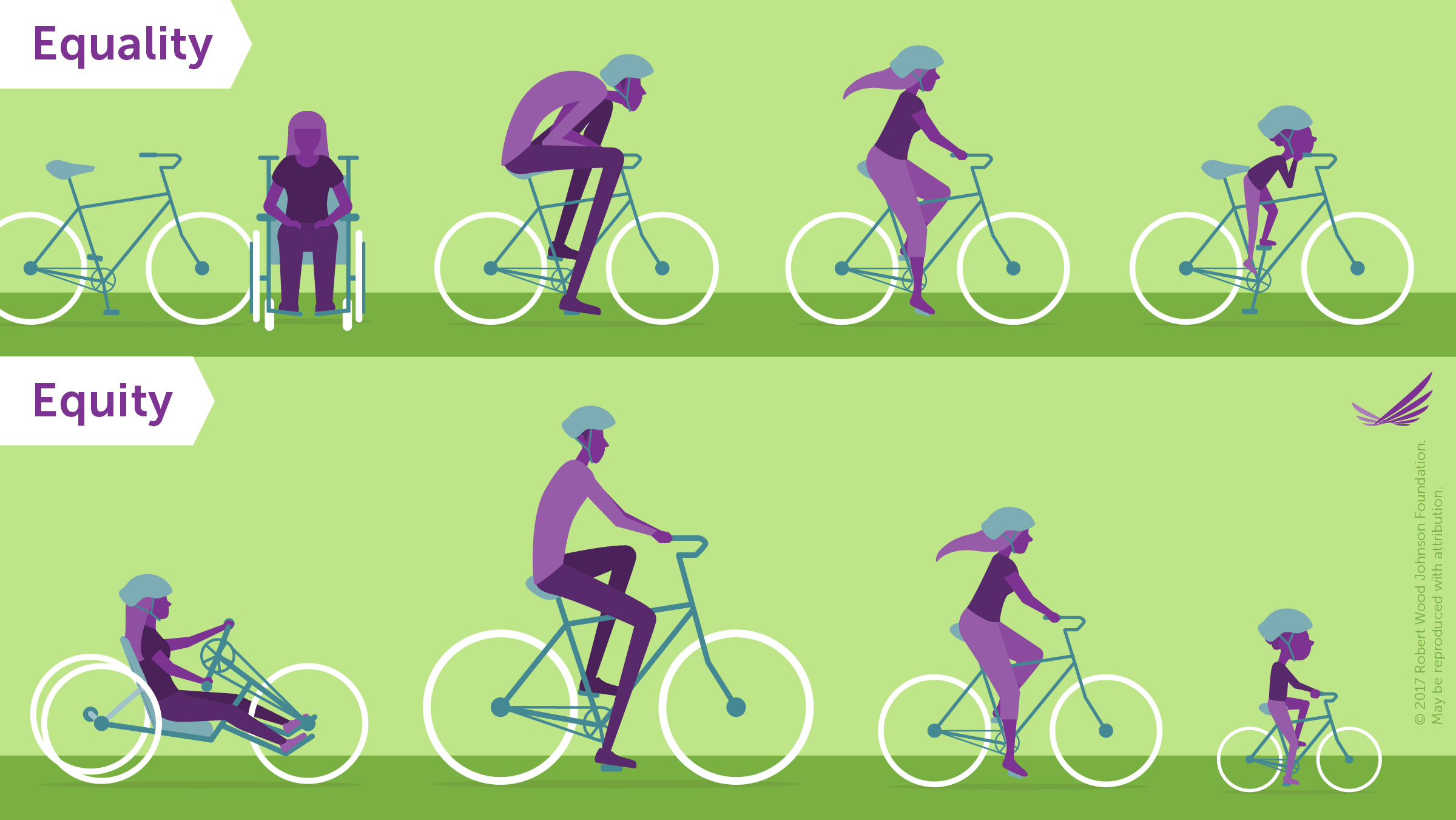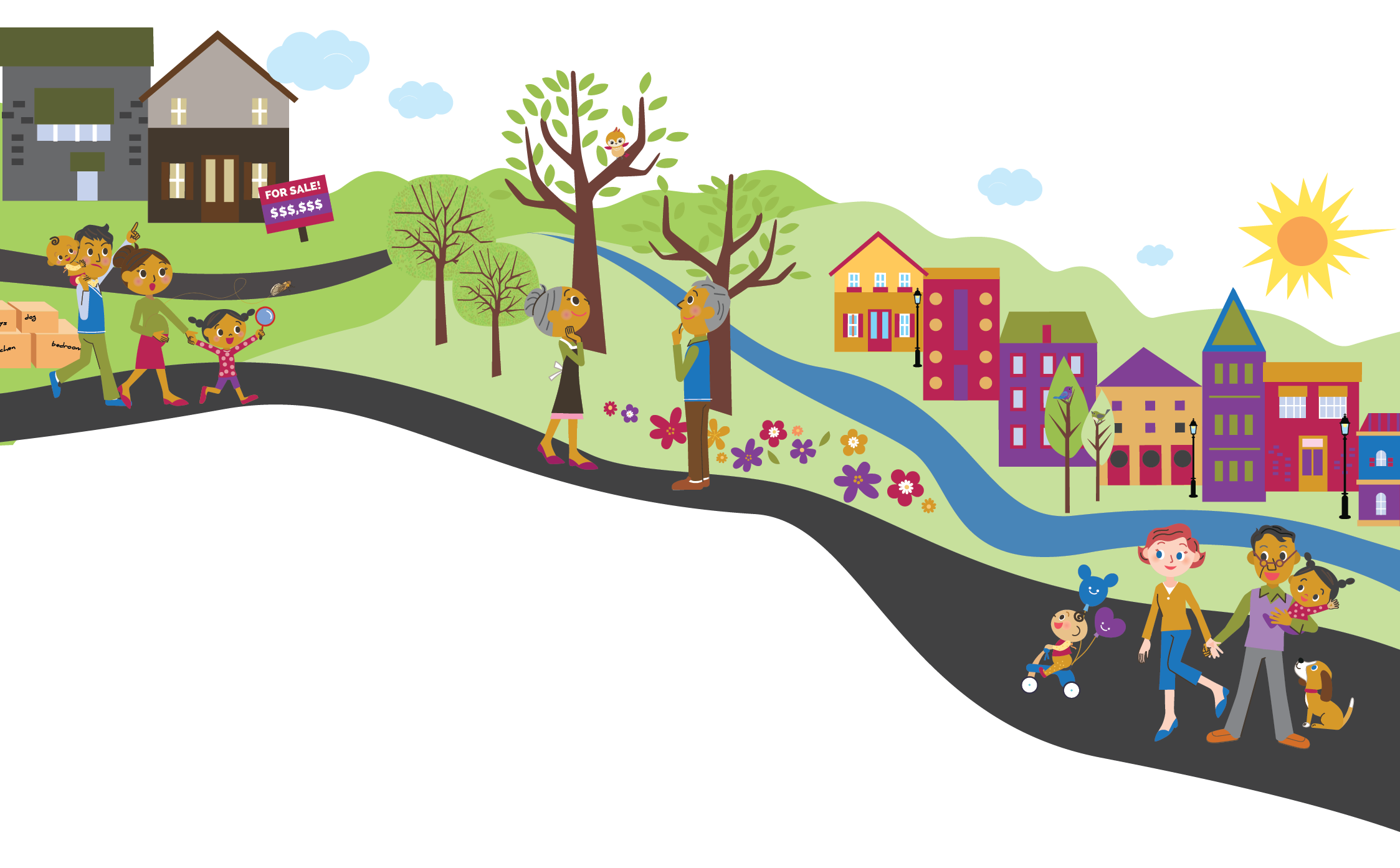close

our priorities
A huge share of healthcare resources is used to treat already-established disease. In contrast, GWCHF is focused on the "upstream" determinants of health. We are concentrating on the root causes of disease, addressing health risks at an early stage when prevention, early intervention and health promotion have the biggest benefits.
With a focus on health equity, we strategically allocate resources to move the needle on key child health indicators. Our strategic priorities include:
strong families
Weaving a web of support for young children and families
kindergarten readiness
Providing great early learning opportunities
school success
Creating systems of student supports
social emotional well-being
Growing resilient communities
healthy eating active living
Making health the easy choice
For each of our strategies, we closely monitor a performance indicator to ensure we are moving the needle with our investments.













social emotional well-being
When children are well socially and emotionally, they are better able to thrive in all areas of life. High social and emotional competence increases high school and post-secondary education completion rates, employment rates and average wages. It decreases dropout rates, behavior and mental health challenges, teen pregnancy, drug use and criminal behavior.
We invest in building systems that focus on growing resilient communities with the conditions needed for all children to be socially and emotionally well.